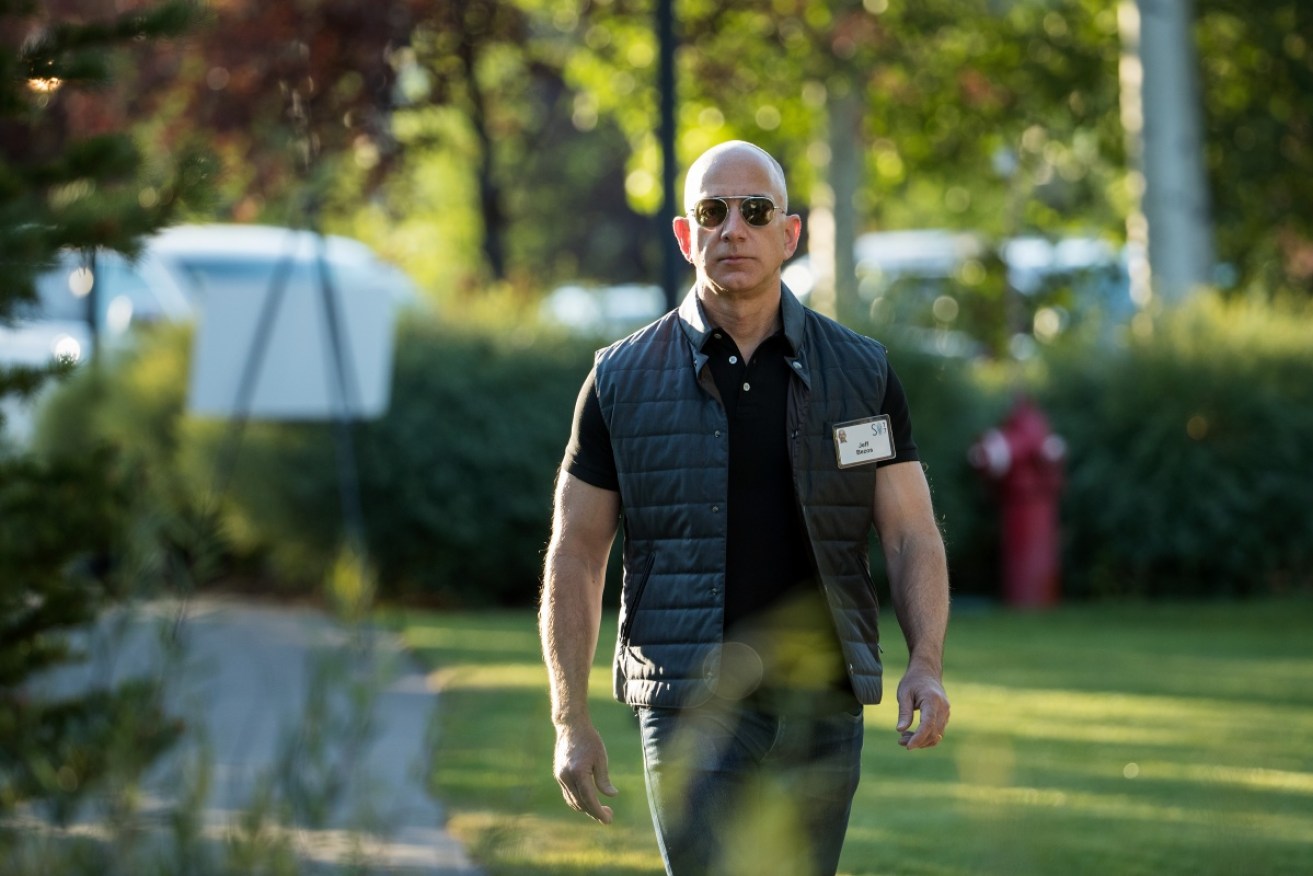Australian retail’s ‘calamitous’ ecommerce failure sets stage for Amazon’s rise


'Your margin is my opportunity' - Amazon founder Jeff Bezos has his sights on Australia. Photo: Getty
One in two Australian retailers has failed to develop mobile shopping capabilities, despite massive and growing demand from consumers, a new report from online payment service PayPal Australia has revealed.
The figures come ahead of US ecommerce giant Amazon’s imminent Australian launch, and do not bode well for the domestic retail sector.
One expert went so far as to say the sluggish efforts to modernise reflected in the figures were “calamitous” for the industry, and would allow Amazon to “steal business” from both online and physical retailers.
In its survey of more than 1000 consumers, PayPal found almost three quarters (72 per cent) were now shopping or making payments on a smartphone or tablet.
And a growing number – 48 per cent – were doing so at least once a week. That’s a huge rise on last year, when just 36 per cent were shopping on their mobile devices more than once a week.
For younger Australians the figures were much higher.
In the 18 to 34 age group, a massive 89 per cent of consumers were shopping and making payments on mobile devices. That compared with 77 per cent of 35- to 49-year-olds, and 52 per cent of over-50s.
And while desktops remained the dominant platform for online purchases, the trend had mobile devices rapidly gaining ground.
But despite the overwhelming move towards mobile shopping, the report found that Australian retailers had been slow to adapt.
Of the more than 400 businesses surveyed, just over half (51 per cent) had built the capacity to receive mobile payments – a 21 percentage point mismatch with consumer demand.
The survey revealed businesses consistently underestimated the extent to which poor online or mobile shopping experiences put their customers off.
For example, 37 per cent of consumers said they were put off by slow page loading. Conversely, just 21 per cent of businesses thought this would be a problem for customers.
Scott Kilmartin, an ecommerce adviser from Online Offline, pointed out that, of those businesses that did have some sort of mobile capability, many would be slow, clunky or difficult to use.
“To do mobile commerce well, brands need a stripped back mobile site, top-selling product on the home page, fast load speed, great and fast search function and a frictionless path-to-purchase and checkout purchase,” he told The New Daily.
He said potential customers were increasingly coming via social media platforms like Instagram – a channel that encouraged “impulse purchases”.
“For impulse purchases, you might only get one shot that’s blown if the site has too many hurdles to buy from, especially for customers under 30,” he said.
Failing to develop this would result in retailers losing out to competitors with slicker mobile sites.
Mr Kilmartin said a number of Australian businesses were doing mobile retail well. But he said the real threat – the “elephant across the water” – was Amazon, which is set to launch its Australian operation within the next few months, possibly in time for Christmas.
Mr Kilmartin, who works as an ecommerce consultant to local retailers, said whenever he meets with retailers, the conversation inevitably “gets skewed into Amazon”. And he said retailers were right to be worried.
“I definitely think they [Amazon] are going to open with a bang. They have that Apple-like buzz, and that will drag customers over,” he said.
“Amazon’s site might not be pretty but it’s easy to buy from and gets to know you better with each search and purchase. That algorithm is tough to compete against especially for retailers selling mid-market products.”
He said it was “inexcusable” that some middle- to larger-sized Australian businesses had failed to build competitive mobile sites, and they would pay the price.
Last week, Amazon revealed it had increased sales by 34 per cent in the three months to September – an announcement that saw the company’s share price bounce more than 13 per cent, making founder and CEO Jeff Bezos the richest person in the world.








